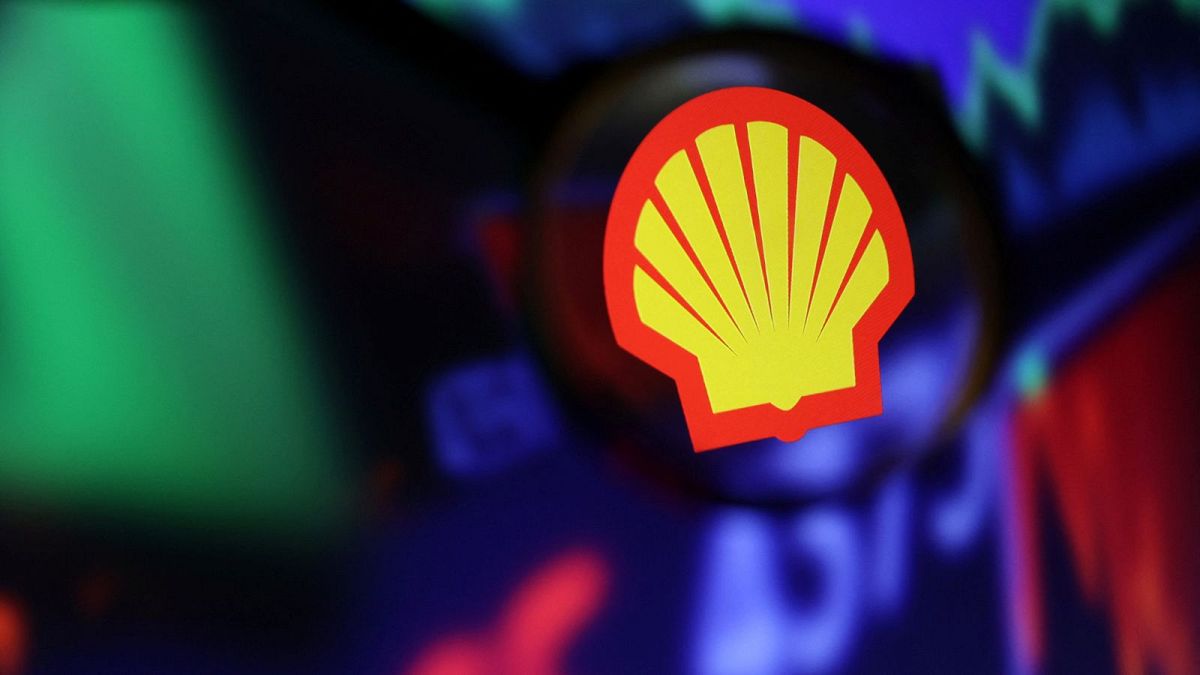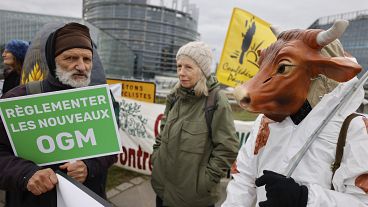The staggering profits from Europe’s biggest oil and gas giant should be a ‘spur’ for climate accountability, says Christian Aid.
Almost two thirds of UK citizens think that oil and gas giants should take responsibility for the damage their industry inflicts on climate vulnerable countries.
That’s according to new polling by the international development charity Christian Aid. A survey it commissioned from market research company Savanta took the views of 2,181 UK adults between 21 and 23 April.
The results came days before Shell announced record first-quarter profits of more than $9.6 billion (€8.4 bn) yesterday.
“Record profits by fossil fuel companies like Shell and BP should be a wake-up call, and spur real accountability for the damage they are causing,” says Patrick Watt, chief executive of Christian Aid. “That’s not just Christian Aid’s view, it’s the view of an overwhelming majority of the British public.”
63 per cent of respondents said they would back the government in taxing oil majors and putting the money into the loss and damage fund. This pot was agreed at COP27 to support countries hit by climate crises, with the finer details being figured out this year.
Overall, only six per cent of people disagreed with the statement that it is unfair for oil and gas companies to make record profits without taking responsibility for the damage.
“The UK government should be ensuring that major polluters meet their moral responsibility to repair the damage they have caused to the climate,” says Watt.
Outrage over fossil fuel company profits
Shell’s record three-month profits have met with outrage in the UK. Immediately after posting the bumper profit, Europe’s biggest oil and gas company announced it would be rewarding investors by buying back $4 bn (€3.6 bn) of its own shares over the next three months.
Responding to the “obscene” news, an indignant editorial in the Daily Mirror notes that “These firms [...] have given lavish returns to shareholders when greater investment in alternative energy would help limit global warming.”
“As temperatures soar from Madrid to Mogadishu, Shell is once again posting bumper profits while promising to keep extracting fossil fuels for years to come,” commented Charlie Kronick, senior climate advisor at Greenpeace UK.
Shell isn’t the only fossil fuel firm to have attracted fierce criticism for its staggering first-quarter profits this year. BP revealed on Tuesday that it made around €4.57 bn over the same period.
While Norwegian energy firm Equinor - which is developing the controversial Rosebank oil field near the Shetland Islands - unveiled profits of €10.3 bn for the same three months.
Support grows for a stronger windfall tax
The announcements have sparked fresh calls for tougher windfall taxes amid a continuing cost of living crisis in the UK.
Labour’s shadow climate secretary Ed Miliband called BP’s “enormous profits” the “unearned, unexpected windfalls of war”.
Liberal Democrat leader Sir Ed Davey has also called on the government to close “loopholes” in the windfall tax which Prime Minister Rishi Sunak (as chancellor) introduced last year.
The “temporary, targeted energy profits levy” of 25 per cent that Sunak announced came with a 90 per cent tax relief for firms that invest in oil and gas extraction in the UK.
Despite the higher taxes it had to pay, and the lower sums it got on the market for the oil and gas it makes, Shell said its profits increased partly thanks to its energy trading teams and LNG sales.
“The UK government should stop issuing new oil and gas licences and force Shell and the rest of the industry to start using their obscene profits to pay for the damage that their fossil fuel habit is causing to lives and livelihoods around the world,” adds Kronick.
Christian Aid’s survey suggests such a move would have considerable public support. While a petition from Global Justice Now to force big oil companies to pay into the loss and damage pot has so far received almost 21,000 signatures.



